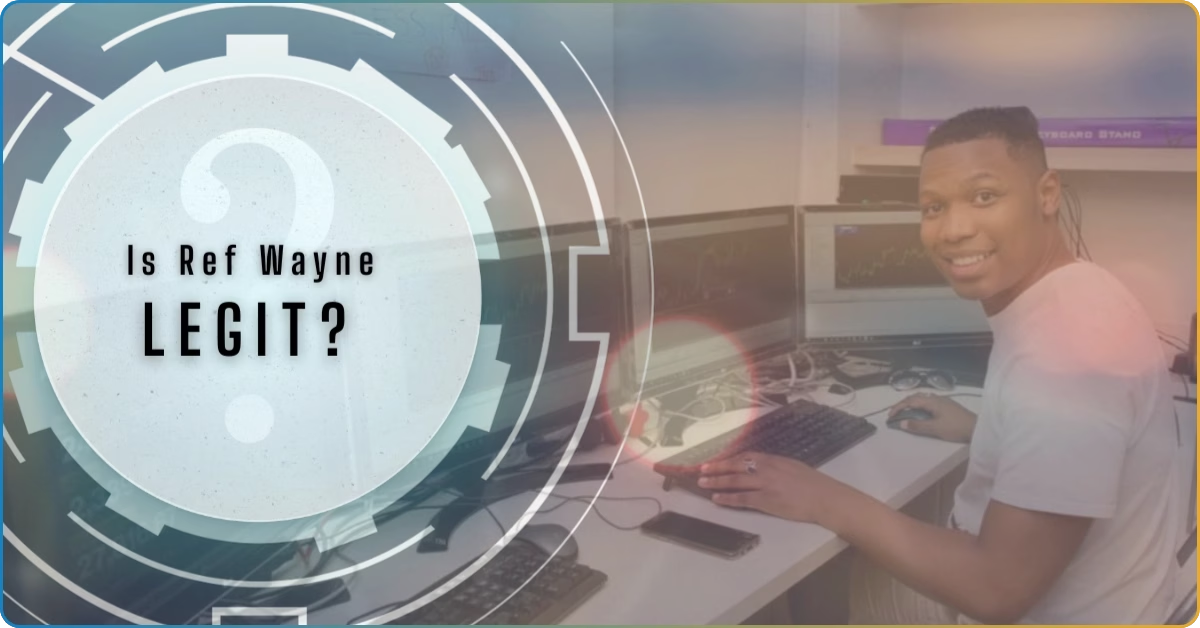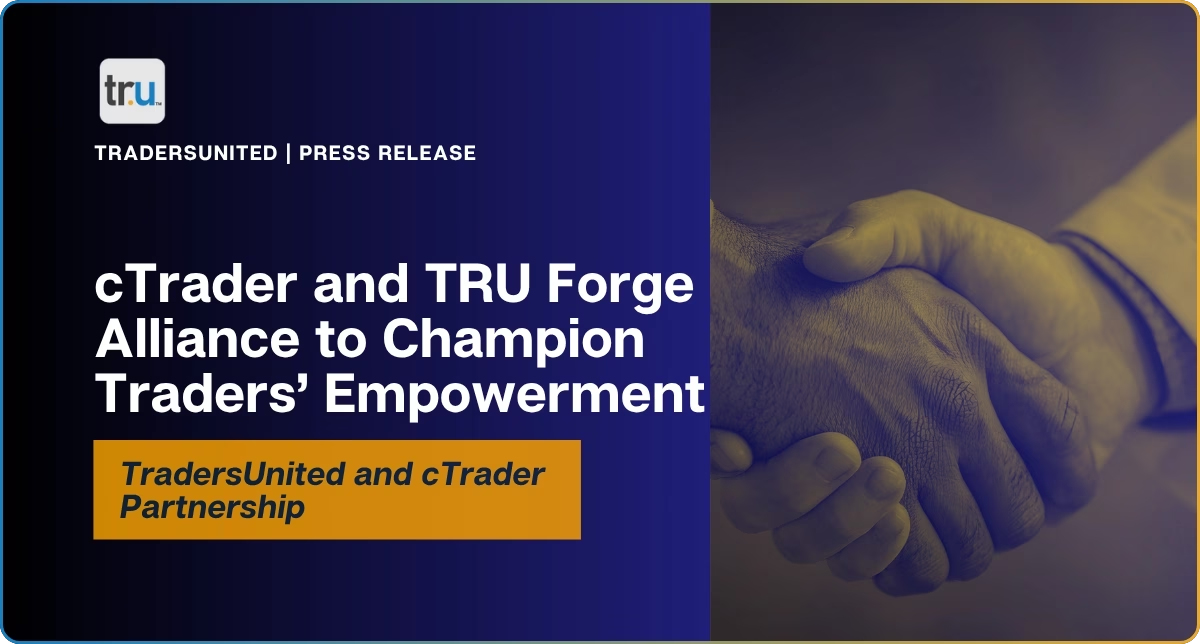South Africans are now facing major credit card fraud, the FACEBK scam. Investigations show that the scam is operated by a global syndicate.
Several credit card holders with cards issued by First National Bank, Nedbank, Absa, and Capitec have reported fraudulent transactions on their cards with the transactions made for “FACEBK.”
According to customer complaints, large amounts have been deducted from their cards without notifications or alerts sent to their online bank apps or via text messages.
What is the FACEBK scam?
The FACEBK scam is a globally operating scam that posts fake advertisements on Facebook to steal credit card information from users.
Credit card holders eventually received notifications for big transactions on their credit cards, with only “FACEBK” written on the transaction description.
This scheme has surged since the start of 2024 in South Africa. However, investigation shows that countries as far as the Philippines have been hit by the same fraud, with the same manner, tactics, and name.
According to Ross Linstrom, Standard Bank spokesperson, the advertisements often appear legitimate and trustworthy.
“They make fake offers or phishing scams designed to steal personal and financial information. These ads can appear very legitimate, making it difficult for consumers and even advertising platforms to detect the fraud until it’s too late,” said Linstrom.
Related: How to Recover Scammed Money in South Africa
Meanwhile, customers of all major banks have been warned about the surge of the FACEBK scam in South Africa.
How the FACEBK scam operates
The FACEBK syndicate is said to create legitimate-looking ads that lure unsuspected victims. These ads may appear on Facebook or other sites, as some victims have reported that they do not use Facebook at all.
Once the victim clicks on the fraudulent ad, the ad can steal their credit card and personal details.
It remains unclear how this scam compromised card details, even when some victims claimed their cards were not connected to Facebook.
While the banks and local authorities are still investigating how the syndicate was able to steal credit card information, some probable theories have arisen.
The most likely is that the FACEBK syndicate purchases stolen credit card information via the black market from other criminals who have stolen physical cards or cloned cards during over-the-counter transactions.
Another possibility is major data breaches on legitimate websites with access to credit cards, especially those with regular payments such as subscription services.
However, it is also important to note that credit card details could have been compromised through several leaks.
The fraudulent credit card transactions are then used to pay for more adverts on Facebook for fake products.
FNB confirms fraudulent attempts
The First National Bank Head of Card Transact and Fraud, Chris Boxall, has confirmed that they had already identified fraudulent attempts from fake Facebook merchants.
He clarified that the fraud impacted only a limited number of FNB clients. He also assured that FNB uses world-class risk management processes and has already developed new rules to mitigate fraudulent attempts.
According to Boxall, Standard Bank will investigate every fraud complaint and communicate directly to the victim.
Finance Journalist Hit by FACEBK Scam
Award-winning financial journalist Maya Fisher-French is among the many recent victims of the FACEBK Scam.
Maya Fisher-French, founder of the finance website Maya on Money and a finance educator, reported that the FACEBK scam wiped clean her entire family’s bank account.
In an interview with Moneyweb, Fisher-French claimed that she first lost R16000 from her bank account on Facebook, and a few days later, the same thing happened to her husband.
In the interview, Fisher-French said that a bank had told her the syndicates to run fake adverts on Facebook to try to get users to a website where they have to give their card details.
Meanwhile, the syndicate uses other people’s stolen credit cards to pay for the Facebook ads.
“So it had nothing to do with my interaction with Facebook,” said Fisher-French. “I don’t have an interaction with Facebook on my personal accounts, but they go into the Dark Web, they buy these stolen credit card details and pay for the adverts,” the journalist said.
As a finance journalist who was well aware of how these scams work, Fisher-French was very wary of using her card details online. She noted that she only uses her virtual card for CNP transactions because the CVV (card verification value) changes regularly.
However, upon rechecking her and her husband’s payments using the credit card, they found that they used the credit card to pay for a subscription to Disney+.
While she does not claim that her card details were stolen through Disney+, she reminds people that every card transaction online puts everybody at risk.
As of this writing, Fisher-French and other victims have recovered all of their lost money. Meanwhile, other victims are also awaiting recovery of funds.
How to Protect Your Card from Fraud
The FACEBK scam shows that even the most careful individuals can still be vulnerable to card fraud.
For investors and traders who keep their profits at the bank, being hit by fraud sounds like their worst nightmare.
Here are practical ways to keep your money and investments safe.
Keep Card Information Safe
One of the most sure ways to prevent card fraud is to keep information safe and secure.
Be sure to update passwords regularly and ensure that each password is strong and unique.
Furthermore, avoid making purchases or logging in to your bank account using public Wi-Fi.
Protecting your physical card is also as important as digital information. The physical card holds the most important information, such as your card number, expiration date, and CVV.
Finally, make sure to minimize paper transactions so that access to your personal information cannot be found in your mail or trash. You can shred any sensitive information before throwing it away.
Transact with Secure Websites Only
While online shopping can certainly increase vulnerability to card fraud, buying online has become a necessary part of busy schedules.
To lessen risks, make sure to purchase through secure websites only that use encryption to protect your information.
Look for the lock symbol in the browser bar and “https” at the start of the URL.
Be Aware of Scams
Being informed is one of the best ways to avoid card fraud. You can spot a new scam from a mile away by keeping up to date with the news about scams and fraud.
Additionally, be skeptical of unsolicited emails, messages, calls, or any communication method that asks for your personal information. Never click on links on messages that come from an untrusted source.
Keep a close eye on your card
Always monitor the transactions in your card and app and ensure that you are the one making them.
If you suspect any unauthorized transaction, report it immediately to your card issuer.
Most banks also offer the option to send text message alerts for every transaction. This allows you to quickly identify unauthorized transactions.
Have you been a victim of the Facebk Scam or know someone who has?
Leave a comment below.
Stay Vigilant on CommuniTrade
Keep up to date with trading news, trends, and analysis on CommuniTrade. Ask questions, verify facts, and start thought-provoking discussions with fellow traders.
Sign up here.

















